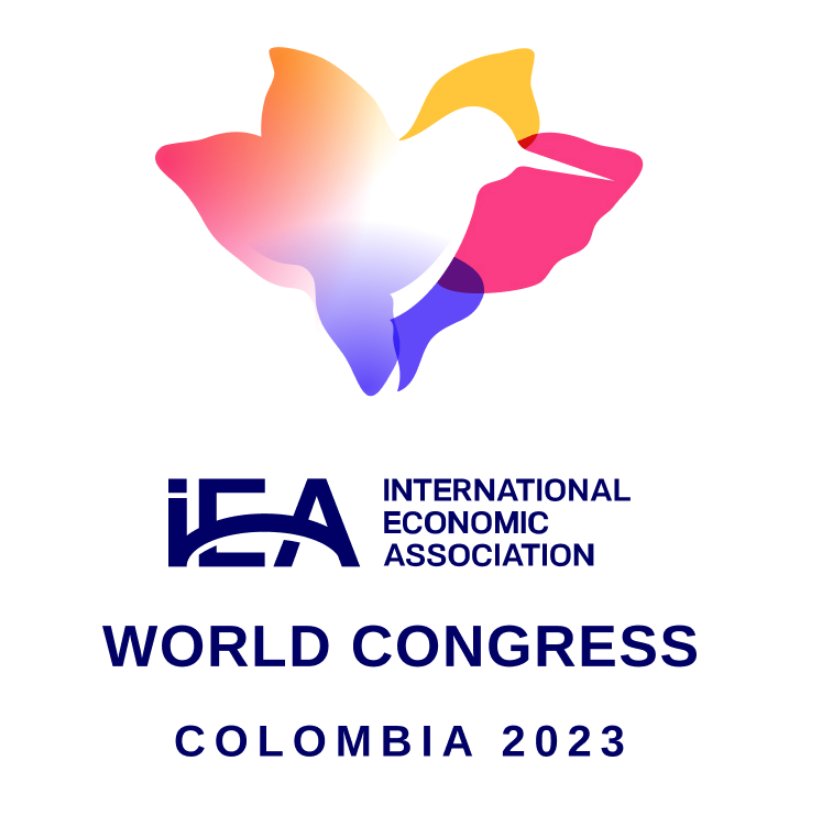Delegation of Tsinghua economists makes its mark at the 20th International Economic Association World Congress in Medellín, Colombia
At the 20th International Economic Association (IEA) World Congress held in Medellín, Colombia and hosted by Universidad EAFIT, from December 11-15, 2023, economists gathered together from all around the world to present their latest research and discuss policy issues of mutual concern, including addressing and debating the major economic and policy challenges currently facing the international community. The 2023 Congress’ theme “World Economy at a Turning Point? Conflict, Fragmentation, and Divergence” reflected the ongoing shifts in the global economic landscape. The five-day event offered those in attendance a rich program of panels, keynote speeches, invited and contributed sessions revolving around a broad variety of topics of interest to the global economics profession.
During the fourth day of the Congress, on Thursday, December 14, a delegation of economists from Tsinghua University participated in a one-hour policy session titled “China and the US: The Perspective of Government and Economics.” The policy session was chaired by Zhangkai Huang, Associate Professor of Finance at Tsinghua University’s School of Economics and Management and Managing Editor of the Journal of Government and Economics, and with speakers including Dani Rodrik, IEA President and Professor of International Political Economy at Harvard University’s John F. Kennedy School of Government, and David Qingzhong Pan, Professor and Executive Dean at Tsinghua University’s Schwarzman College. Professors Huang and Pan were part of a delegation of Chinese economists attending the Congress on behalf of the Society for the Analysis of Government and Economics (SAGE) and Tsinghua University's Academic Center for Chinese Economic Practice and Thinking (ACCEPT).
After discussing the status quo and future prospects for China’s economy, Huang highlighted changes in the country’s governance aims, and the potential for growth based on human capital and technological advancements, while expressing optimism about the Chinese government’s current direction and the country’s latent capacity for continued economic growth. Rodrik further added to the conversation by sketching out the evolution of economic policies and relations between the United States and China, emphasizing differences and similarities between the two economies, the consequences of their respective policies on international trade, and the need for a new approach to foster an era of peaceful coexistence. Pan meanwhile offered up his own insights, underscoring the significance of entrepreneurialism and robust government support for China’s miraculous economic development over the past 45 years, as well as the country’s various challenges and opportunities, including the positive role of new cohorts of high-skilled college graduates, the necessity to readjust policies in alignment with the country’s stage of development, and the importance of improving China-US economic relations to ensure mutual benefits and reduce misunderstandings.





